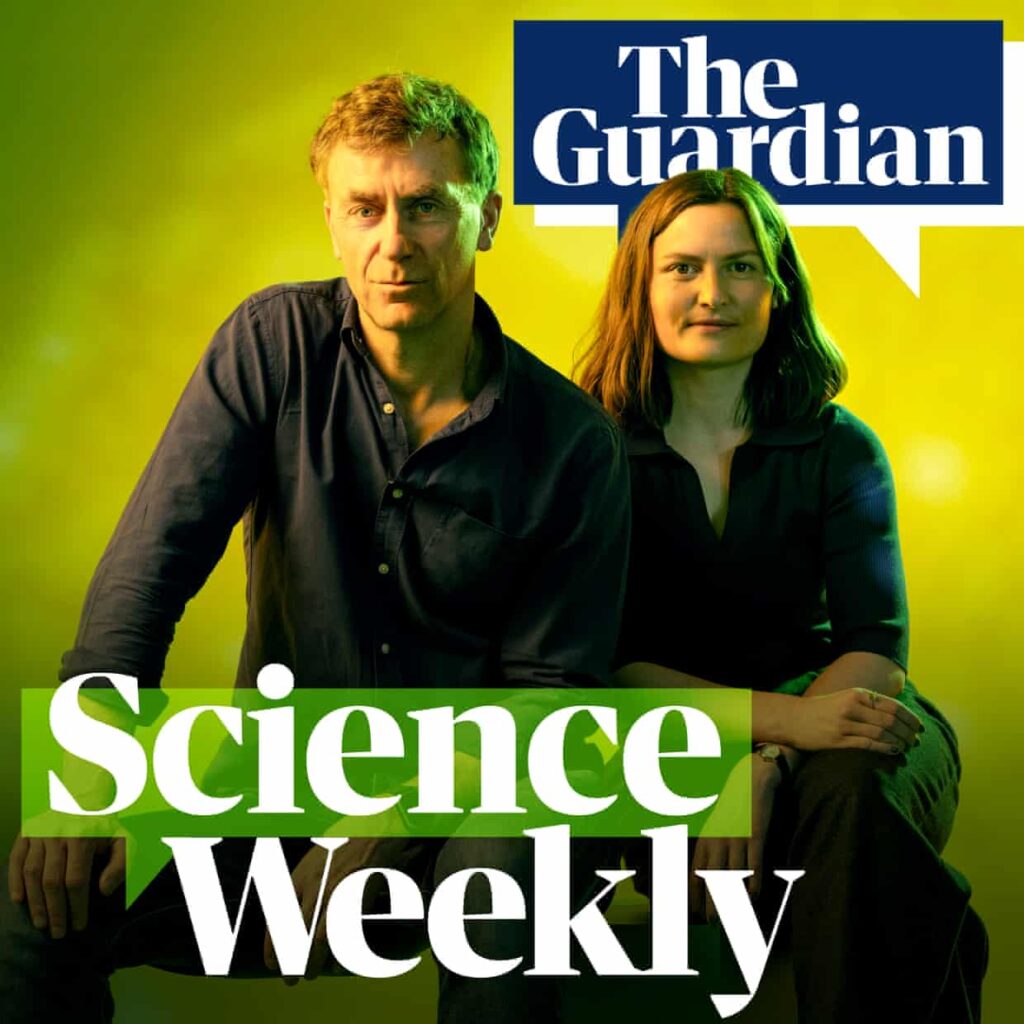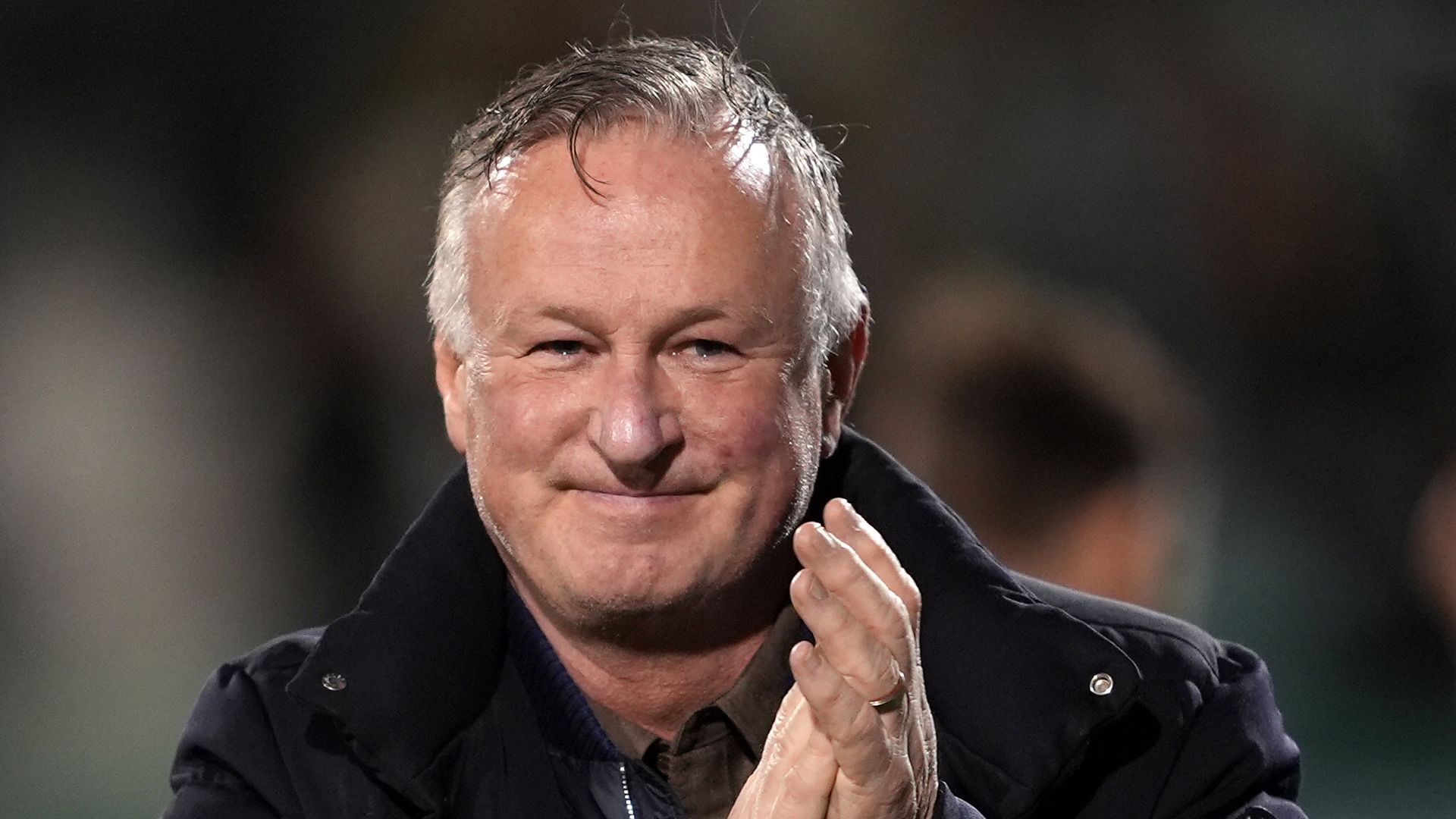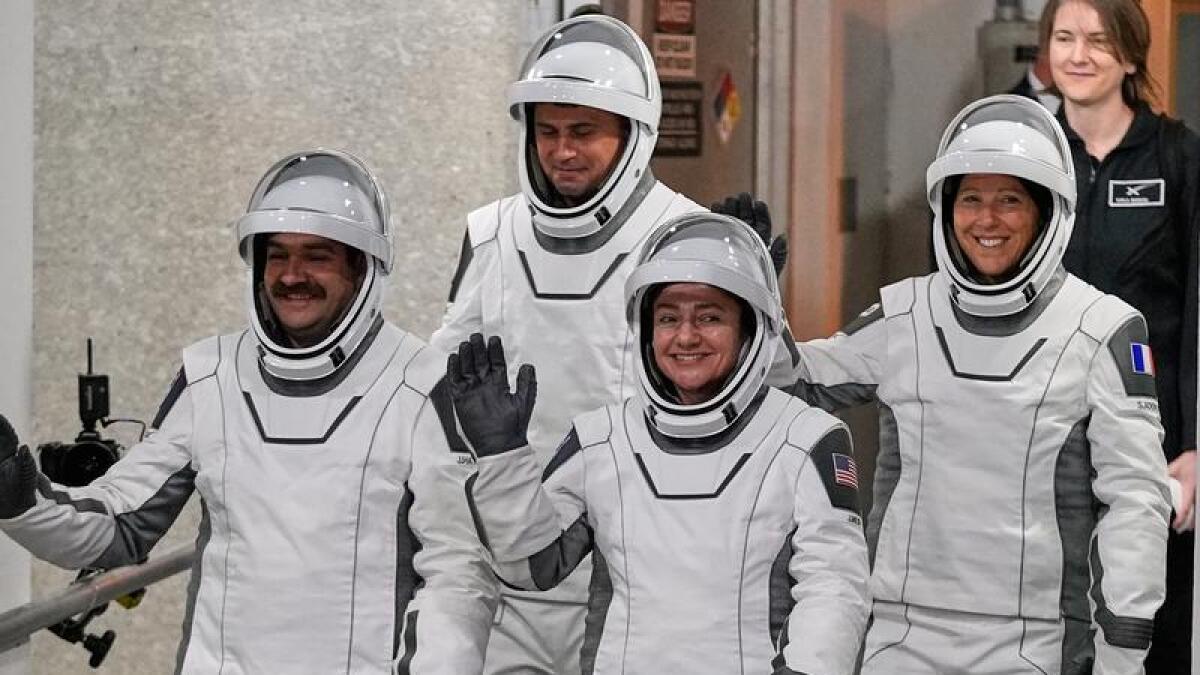
Vladimir Putin has embarked on a controversial journey into the realm of longevity, expressing a belief that humans could potentially reverse aging and even attain immortality. This pursuit aligns with a growing global interest in health and longevity, as highlighted in a recent podcast by The Guardian, which delves into the implications of such aspirations.
The podcast features insights from experts in the field who discuss various advancements in science and technology that contribute to understanding aging. According to Dr. Alexei Shchegolev, a prominent researcher at the Longevity Institute in Russia, “People can get younger, perhaps even immortal,” reflecting a radical shift in how society views aging.
This exploration of longevity is not merely a personal ambition for Putin but also hints at broader societal implications. The quest for youth and extended life spans has the potential to reshape healthcare systems, economies, and social structures. As nations grapple with aging populations, the stakes become higher, making Putin’s focus on longevity a topic of international relevance.
The Russian leader’s interest is also tied to national pride and the desire to position Russia as a leader in the field of biotechnology. Investments in research and technology are aimed at fostering advancements that could make significant contributions to this goal. The potential economic impact is substantial, with the global longevity market expected to reach approximately $63 billion by 2025, according to industry reports.
In recent years, Russia has made strides in the biotechnology sector, with government programs aimed at promoting research and development. The Kremlin’s support for scientific endeavors may bolster public perception of Putin’s leadership while simultaneously addressing the country’s demographic challenges.
As Putin continues to advocate for these initiatives, the implications extend beyond Russia. The pursuit of longevity raises ethical questions about access to such advancements and the societal divide that may emerge between those who can afford anti-aging treatments and those who cannot.
The podcast serves as a reminder that these discussions are not limited to the political realm; they touch upon fundamental aspects of human existence. As the world witnesses the intersection of politics, science, and individual aspirations, the search for longevity may well define the future of nations and their citizens.
Ultimately, the notion that people can not only age more gracefully but potentially live indefinitely reshapes our understanding of health and life itself. Putin’s quest for longevity might just symbolize a larger human desire to conquer time, raising questions about what it means to be human in the 21st century.







